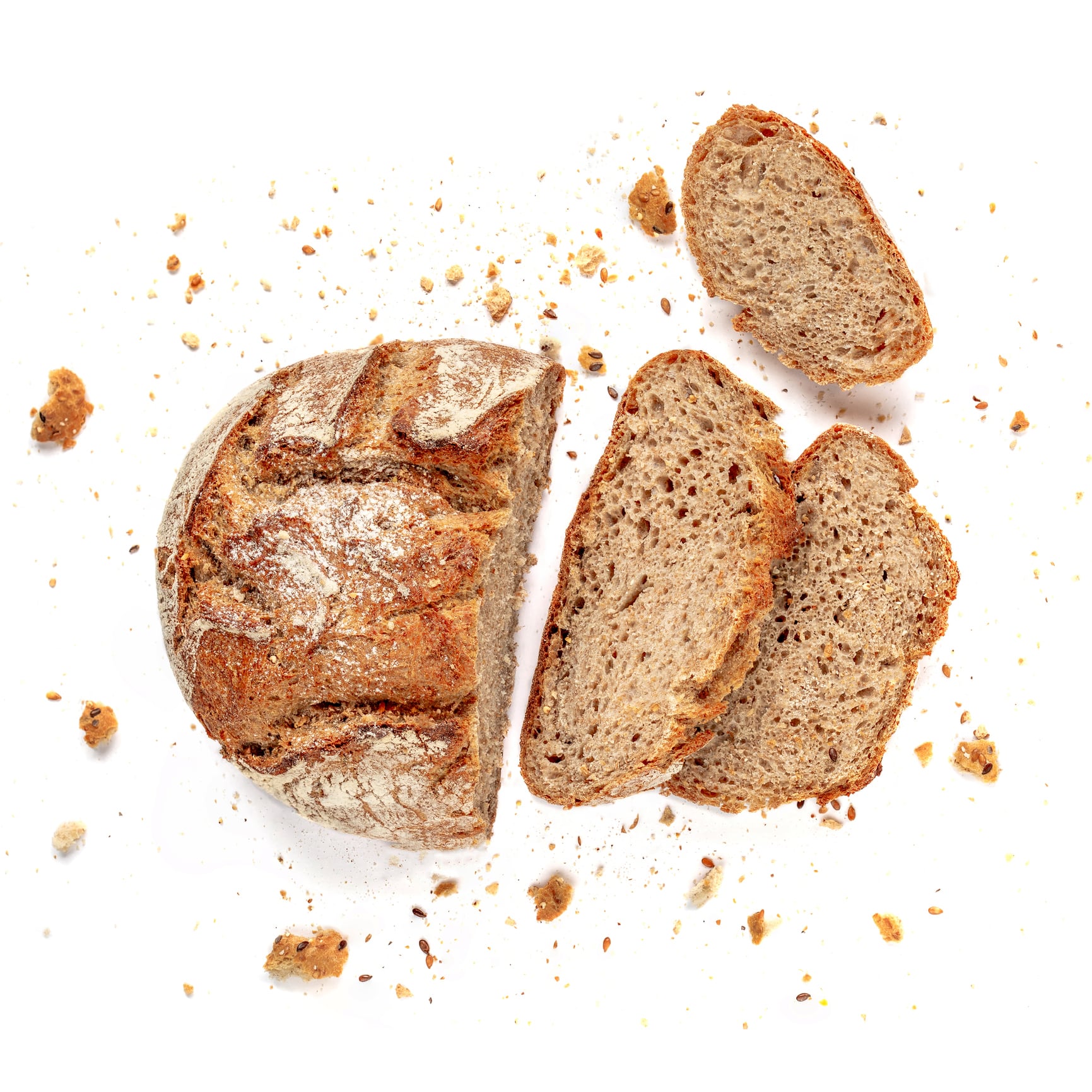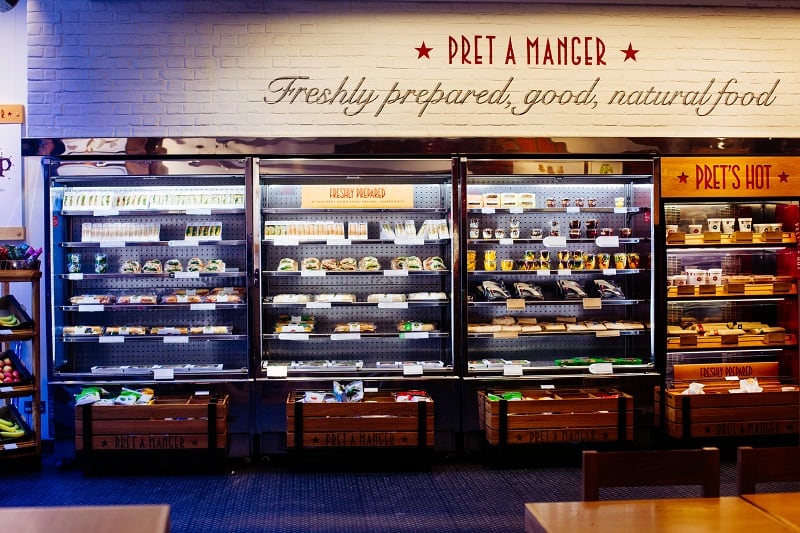Tritordeum, a combination of durum wheat and wild barley, was developed by Spanish researchers looking to create a healthy and digestible cereal-like barley, but with the taste and versatility of wheat.
The grain, which boasts a significant reduction in gluten proteins associated with food intolerance compared to wheat is making headway in the bakery sector thanks to its nutritional, agronomic and organoleptic benefits.
According to De Trog’s master baker Hendrik Durnez, “this grain differs from ordinary wheat in that it contains less indigestible gluten and gives your bread a very specific taste and crumb colour. Moreover, it contains more fibre, unsaturated fatty acids and protein”.
In addition to breads, tritordeum grain is suitable for a wide range of cereal-based foods and beverages (biscuits, cakes, pasta, pizza, beer, etc.) and is already available in countries like Spain, Italy, France, Denmark, Germany, Greece, Switzerland and the Netherlands.
The innovative De Trog bread consists of a loaf (500 g) made with stone-ground tritordeum flour, liquid sourdough and malted tritordeum grain mixed into the dough. “This not only gives a bit of bite but above all a very pleasant malt touch on the crumb and a special aromatic crust”, said De Trog.
Is it safe for wheat allergy sufferers?
According to Agrasys, the company which is introducing Tritordeum into the market, Tritordeum has lower levels of some of the proteins associated with wheat intolerance, and for a big group of people who are intolerant to wheat it ‘may be an alternative’. It also points to studies showing that people with intolerance to wheat could eat Tritordeum for a whole week without any ill-effects.
But – while some of the proteins that are thought to cause wheat allergies are gliadins, of which there are lower levels in Tritordeum, there are other proteins that are involved in wheat allergies and that are also present in Tritordeum (some at lower levels to wheat, some at similar levels) so more data is still needed.
Agrasys also claims that Tritordeum has sustainability advantages. It is a robust cereal, adapted to the inclemency of climate change. It stands up well to drought and high temperatures. The fact that Tritordeum makes efficient use of water and has good resistance to diseases makes it a more sustainable cereal with reduced environmental impact.
Tritordeum is cultivated in the Mediterranean area - Spain, Italy, Greece and the South of France - in both conventional and organic production systems. Nowadays, 50% of the production comes from local farmers with organic certification. This new grain is very suitable for a wide range of cereal-based products from bread, pizza, pasta to beer. Its grain produces a golden flour very innovative in the bakery, pizza and pastry products.




